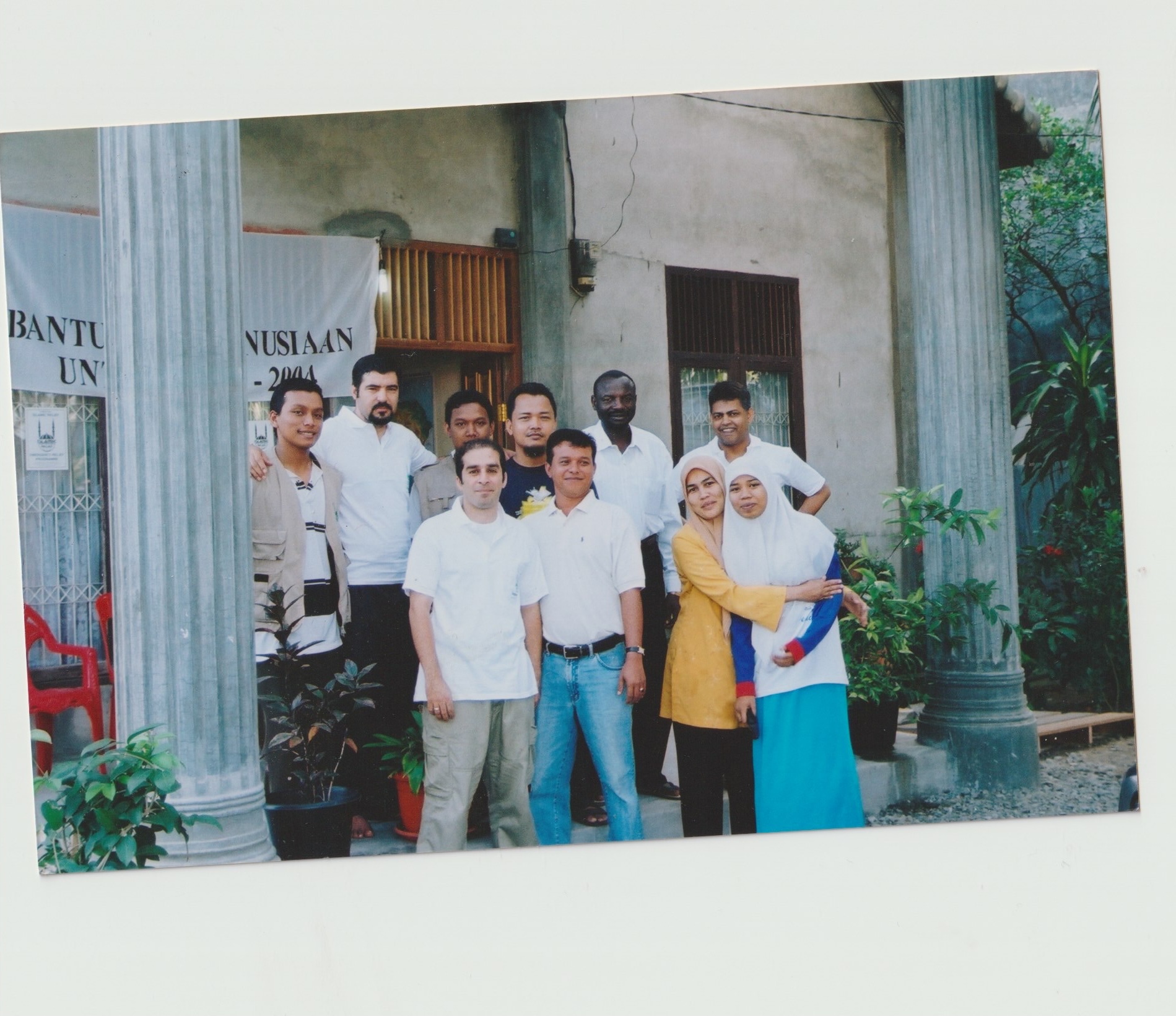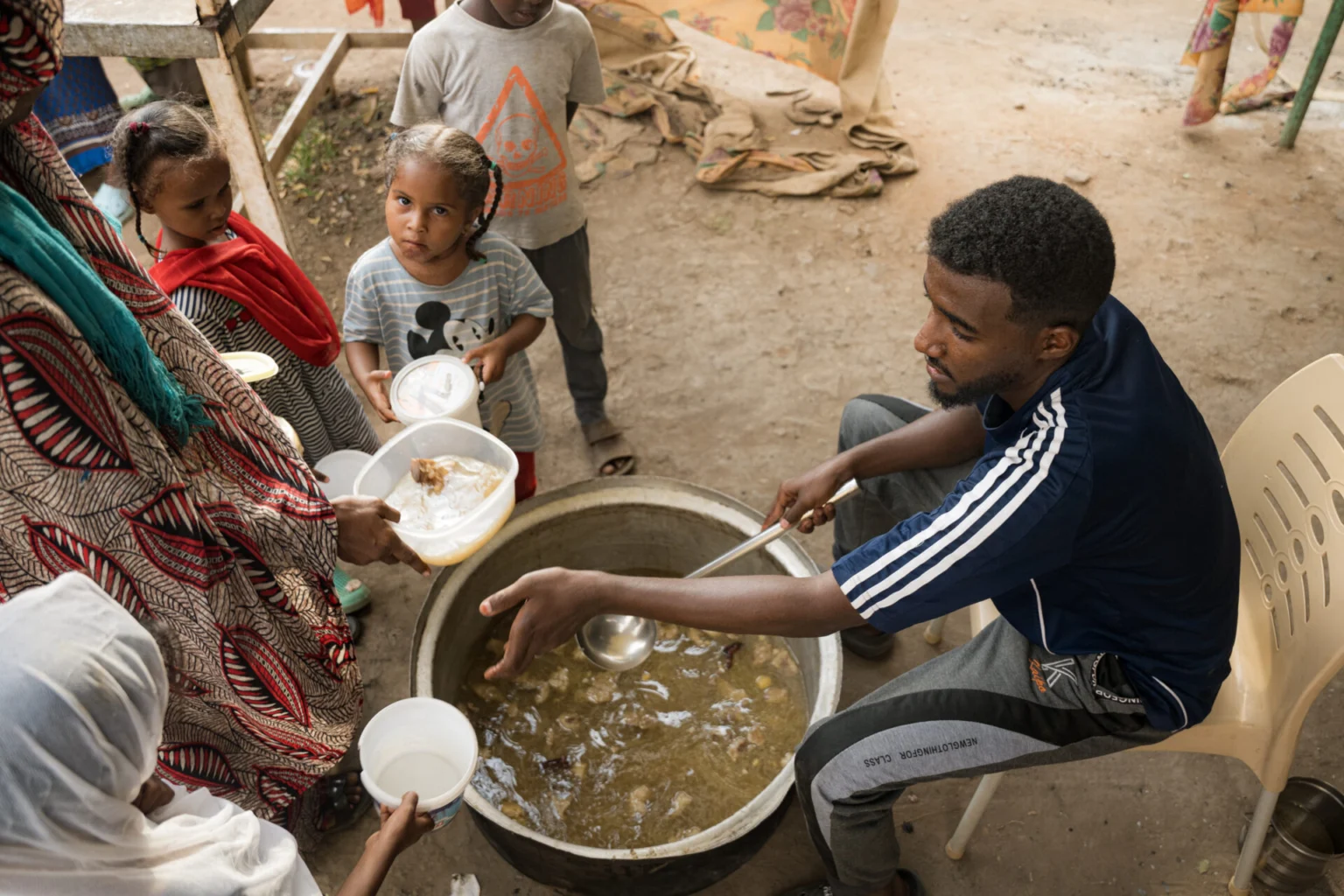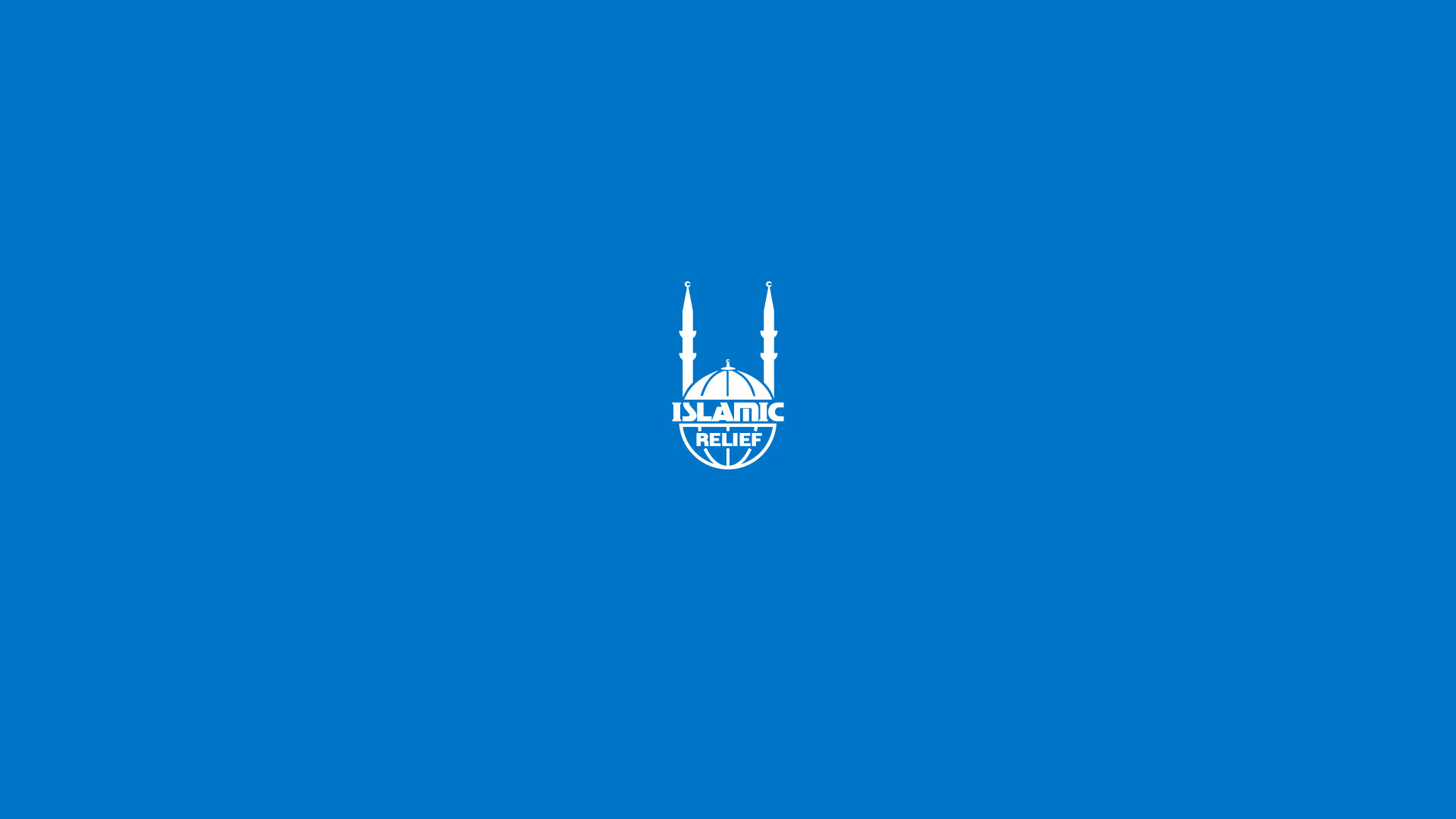This month marks 20 years since an enormous earthquake and tsunami devastated communities around the Indian Ocean. Here, Haroon Kash, now Head of Program Funding and Partnership Development at Islamic Relief, reflects on arriving in Aceh. When he did so 1 week after the disaster to join the response.
![Haroon [front row, far left] poses with the team outside Islamic Relief’s makeshift office in Aceh.
[Back row L-R: Febby, Yusuf, Rahmat, Rindro, Seifeldin, Abdul. Front row L-R: Haroon, Hasballah, Nurlina and Erdiana]](https://islamicrelief.org.au/wp-content/uploads/2024/12/Tsunami_Team-1024x884.jpeg)
(Back row L-R: Febby, Yusuf, Rahmat, Rindro, Seifeldin, Abdul. Front row L-R: Haroon, Hasballah, Nurlina and Erdiana)
20 years ago, I learned what a tsunami was. And that experience ensured I would never forget the impact a tsunami. How it could have on the lives of so many people, including my own.
The Tsunami Caused Miles and Miles of destruction
Upon arriving at the impacted areas, I had my first realisation. The massive amount of destruction the tsunami had caused. It’s hard to describe the miles and miles of devastation. The debris, mud, sludge, and remnants of buildings that stretched around us.
We were a few miles inland from the coast, which showed just how far the tsunami had travelled. But everywhere we looked there was nothing but destruction, and of course, that smell.
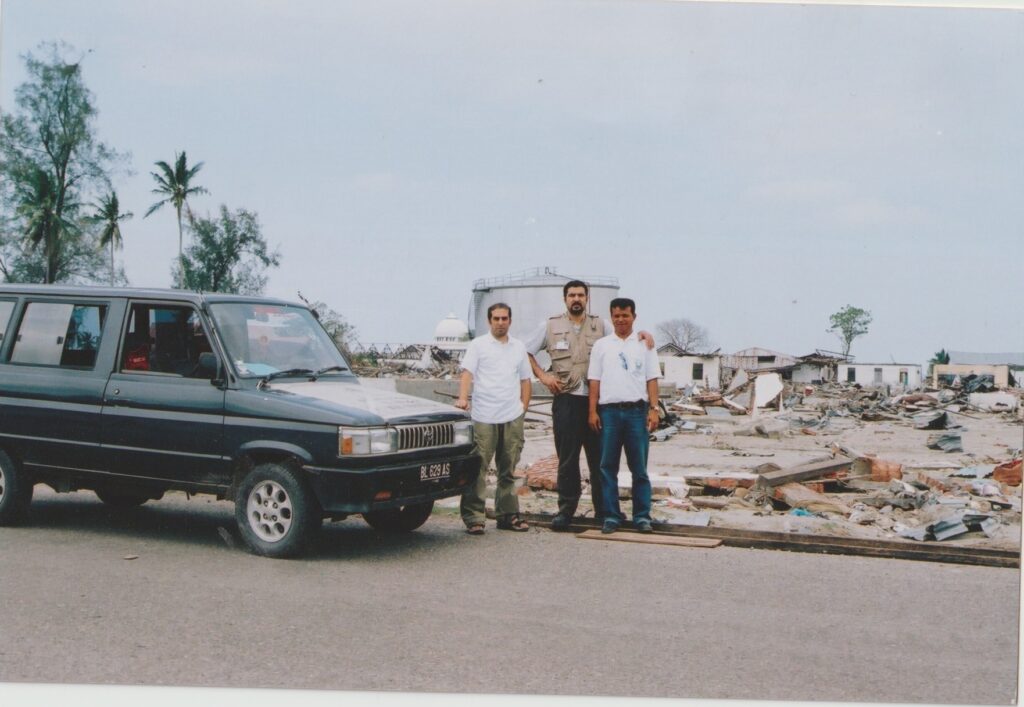
We started our humanitarian response immediately, providing food and other essentials. We’d managed to secure products from local markets that were somehow still functioning. Even though many businesses were closed, either due to destruction or the fact that the owners were missing and/or presumed dead.
Travelling throughout the area, that smell never disappeared, nor could I ever get used to it.
Missing Posters Plaster the City
Every day I would see a group of local volunteers heading out to search for bodies among heaps of rubble. They dug them out and ensured that they were given a proper, and where possible dignified, burial.
Every day I would see people going up and down the streets on their mopeds. They asked around for news of their missing loved ones, while others constantly rummaged through the debris of what were once their homes, trying to salvage anything they could.
Posters of missing family members were plastered throughout the area. On lampposts, on fences, on the windows of buildings — literally thousands and thousands of them everywhere you went.
Seeing one missing poster is upsetting. But imagine seeing thousands of them every day for weeks, with desperate family members huddling around in the hope that someone, somewhere has some news of their loved ones. Hoping that they might recognise each other and that their reunion might offer hope to others.
Living in Fear after the Tsunami and Earthquake
Aftershocks were common after the quake and with each one, you would see mass hysteria break out. Some people ran to open spaces, while many others would speed off on mopeds searching for higher ground. Having only experienced minor earthquakes before myself, the intensity of the aftershocks there were enough to provoke unimaginable fear within me over what the big earthquake must have felt like. Compounding that fear was the fact that any of the aftershocks could trigger another tsunami.
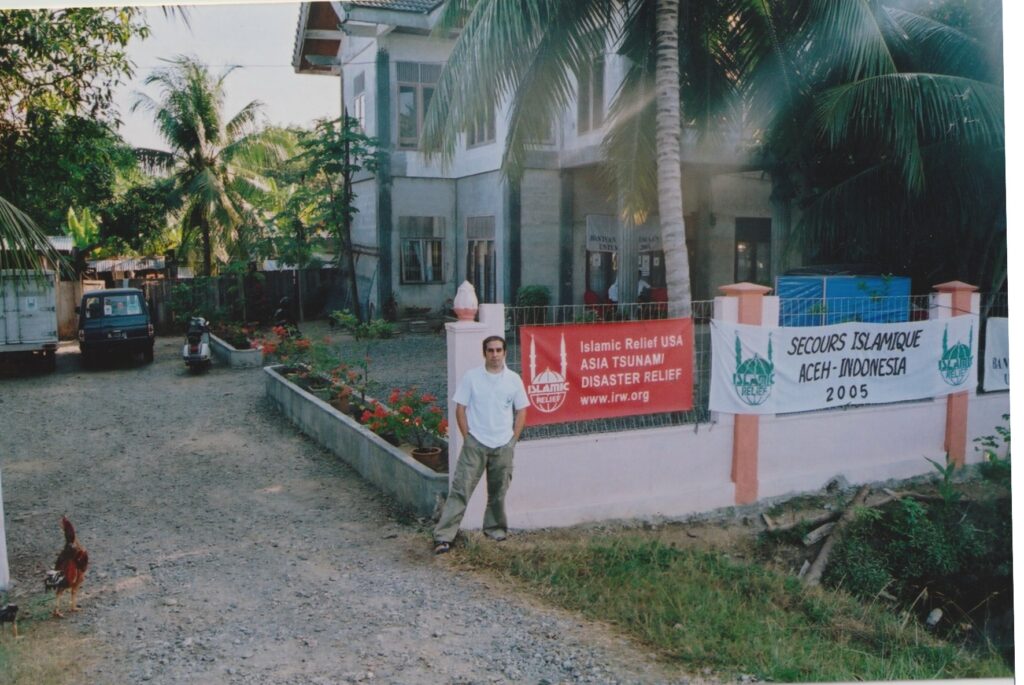
Much of my experience during the 5 weeks I was in Aceh was shaped by being surrounded by so much despair. But I was immensely grateful for what I learned from being exposed to that disaster. The experience helped me to value everything I had. It also gave me a sense of the force that a natural disaster can possess. It presented me with assurances that my work was having a major impact on the lives of many of the communities that had suffered so much as a result of the disaster.
I met families that had lost virtually everything — loved ones, possessions, homes, and livelihoods. Yet still they had hope for the future. A future in which Islamic Relief continued to play an important part for the next 2 decades.
I left Banda Aceh in 2005 with hope and fear. Hope of seeing improvements in the lives of so many rightsholders and a lasting fear of the power of nature.
20 years on from the earthquake and tsunami, Islamic Relief is sharing the stories of survivors, staff and our steadfast support of affected communities in the decades that followed the disaster. Help Islamic Relief to continue supporting communities through disasters.
Be a lifeline. Give relief.
Help us to continue our vital work supporting those in desperate need of aid where disasters strike

